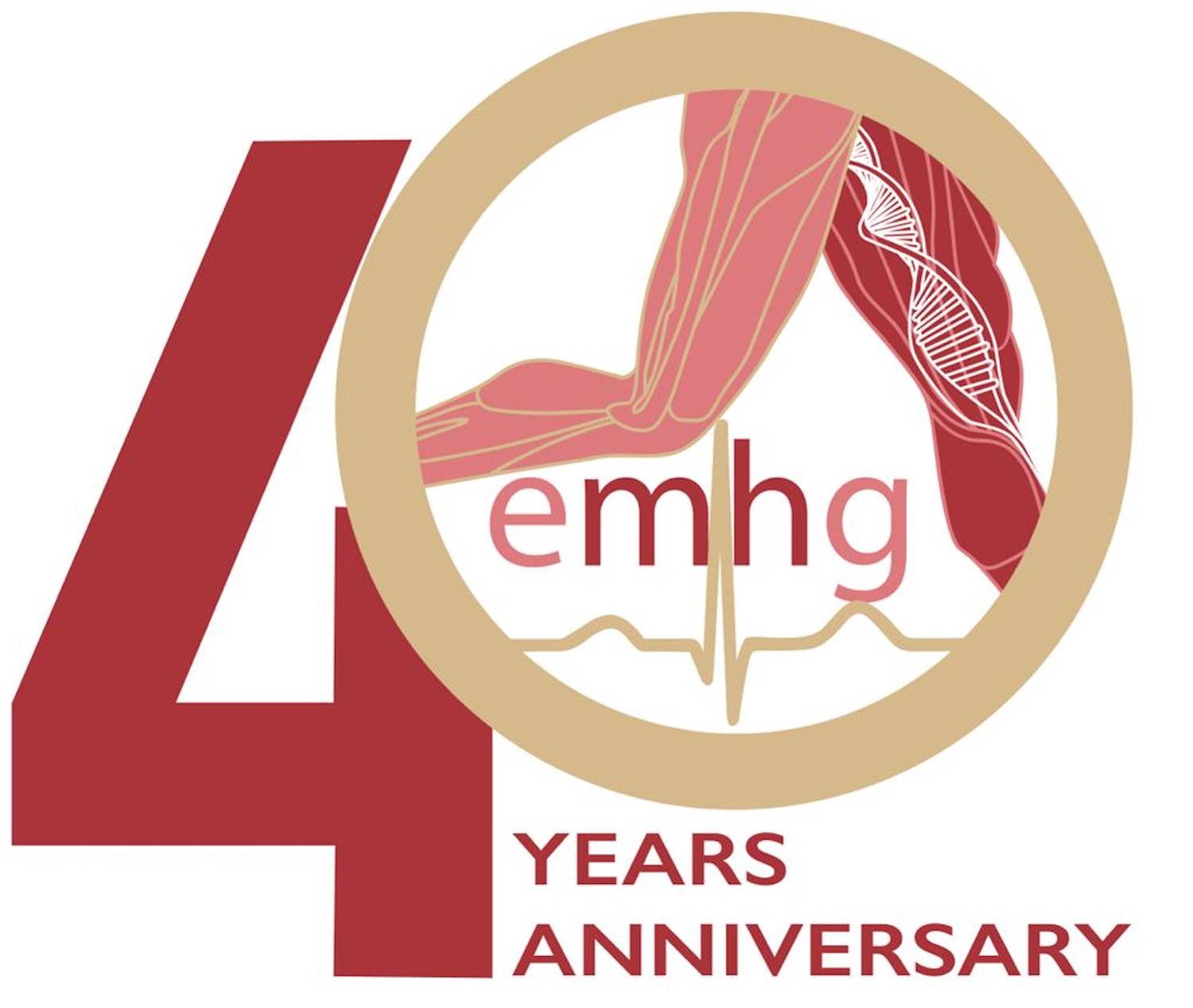Malignant Hyperthermia (MH)
On this page you find general information about MH.
On the following pages we inform you about the muscle biopsy and diagnostic results.
What is MH
MH is a reaction to commonly used anaesthetic drugs where the body produces too much heat. If not recognised and treated in its early stages MH can be fatal. When someone is known to be at risk of developing MH, the condition can be managed effectively and alternative anaesthetic drugs can be used. The risk of developing MH is associated with a change in the genes that are responsible for controlling the release of calcium in skeletal muscle cells. MH can either be diagnosed by genetic testing or by a muscle biopsy (removing small pieces of muscle in an operation). By exposing the muscle to anaesthetics and other compounds under carefully controlled conditions in the laboratory we can find out whether MH is present or not.
Is MH a common condition?
An MH reaction during anaesthesia is a rare event, occurring in 1 in 10,000- 50,000 general anaesthetics. However, anaesthetics do not necessarily cause an MH crisis every time someone at risk is given them. We know of one patient who had 13 uneventful anaesthetics before having an MH reaction.
Who gets MH and why?
MH is hereditary; therefore it is passed on through the family. It occurs equally in males and females and the gene changes that cause it are found in every ethnic group. Someone at risk of MH has a 50-50 chance of passing on the condition to their children. Testing for MH with a muscle biopsy test is currently the only definitive test for MH. In some families a gene test can be used to identify those at high risk and these people do not need the muscle biopsy. A negative gene test does not exclude MH and this can only be done using the muscle biopsy. There are three common reasons for being referred to an MH unit for a muscle biopsy: 1. You experienced a reaction to an anaesthetic that raised a suspicion of MH 2. MH has been found in your family and there is no gene test available in your family 3. MH has been found in your family and you have had a negative gene test. Other reasons for being referred to the MH unit for a muscle biopsy: 1. You or a relative have a muscle disease that may be associated with a risk of MH, such as central core disease 2. You developed heat stroke during exercise or muscle cell breakdown (rhabdomyolysis) after exercise, in which case you will receive further information.
Can I choose not to be tested?
Yes, the decision to have a muscle biopsy is entirely yours. We will provide you with as much information as you need to help you reach your decision. If you decide not to be tested then you would have to be assumed to be at risk of MH should you require an anaesthetic. Most anaesthetists would like to know your MH status for your safety and this may lead to postponement of non-life saving surgery or increased risk of other complications during emergency surgery. If you choose not to be tested, your children (and possibly other relatives) will be presumed to be at risk of MH and would need to undergo testing which would be unnecessary if you had a test and were shown not to be at risk.

